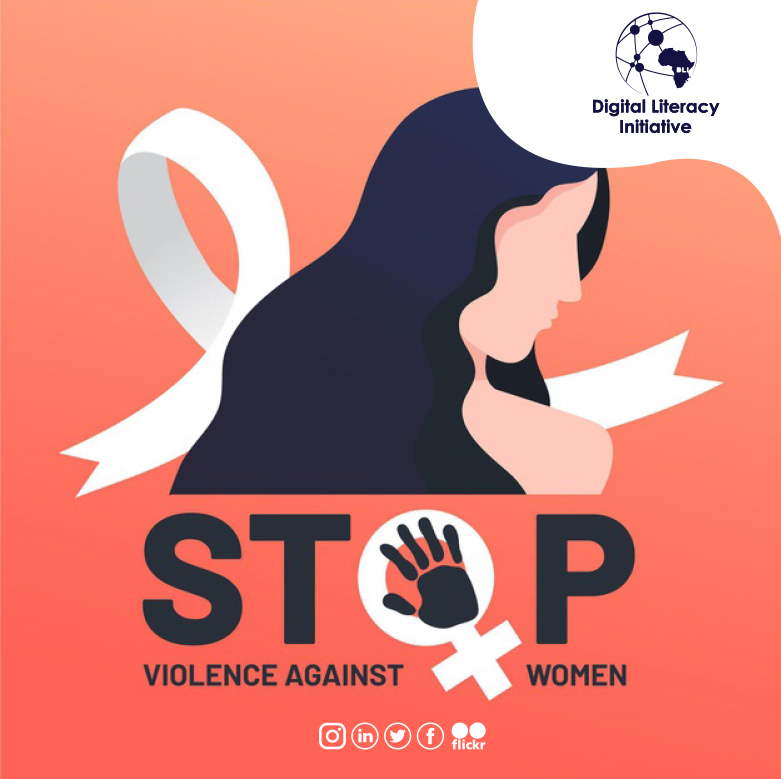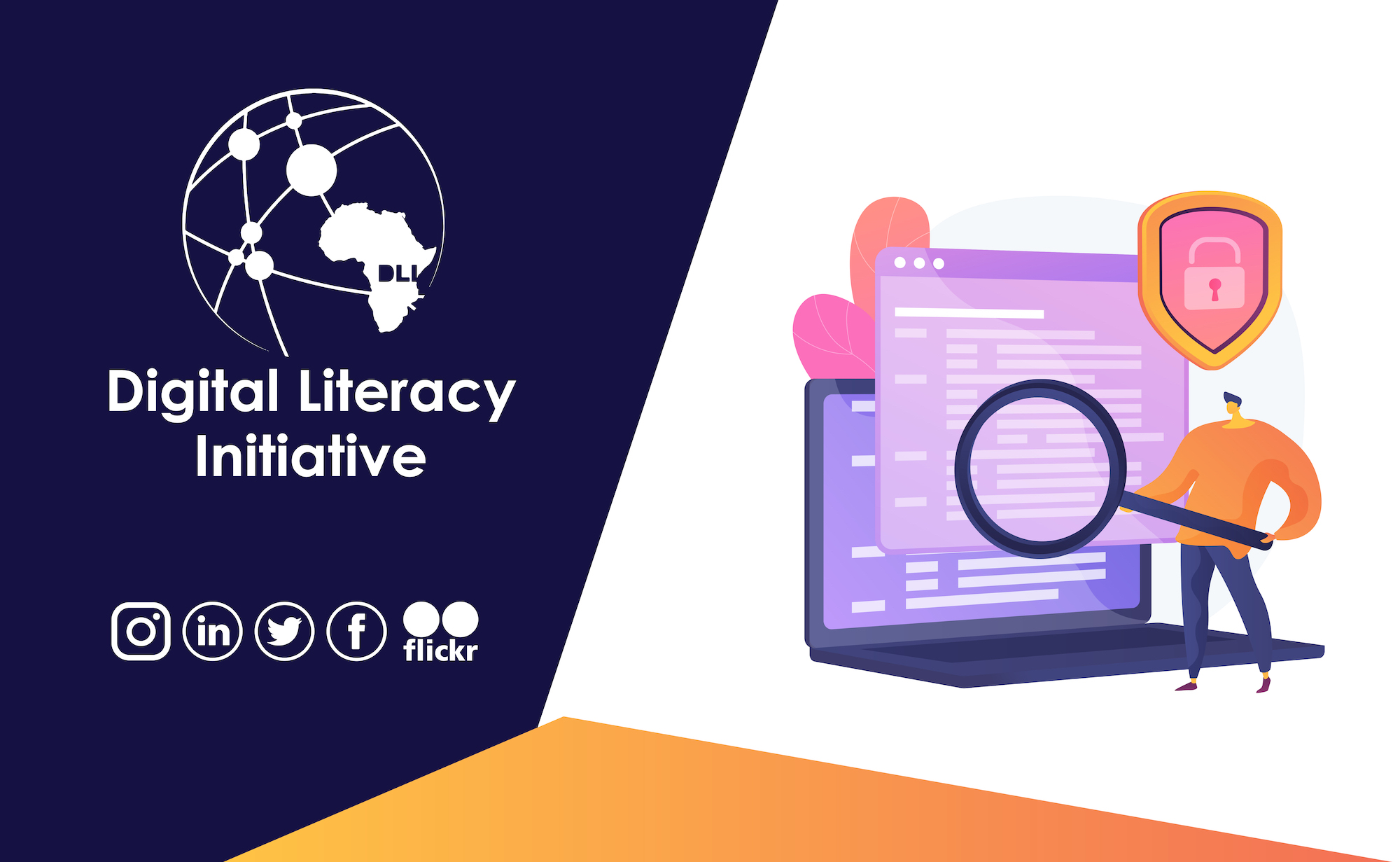A brief perusal through our objectives as Digital Literacy Initiative will unearth one fact, that we have a passion for empowering Persons living with disability and have dedicated an entire programme to it. What you may not know is that much of the inspiration came from a 2019 Internet Governance Forum (IGF) session in Berlin. The workshop, organized by the session moderator Brian Scarpelli (ACT, The App Association) discussed improving the ability of persons living with disabilities to use and enjoy the Internet.
The facts are staggering!
Upto Fifteen percent (15%) of the world’s population is said to live with some form of disability, representing more than one billion people globally, and constituting the world’s largest minority, with eighty percent of persons with disabilities (PwDs) living in developing countries like Uganda where Digital Literacy Initiative is currently based. This hit home and during the workshop, an overwhelming desire to do something was birthed.
During this session, Brian mentioned that Internet-enabled Information and Communication Technologies (ICTs) played an increasingly active role in shaping the latest trends in assistive technologies and specially-developed technologies for persons with disabilities. That being said, we knew that back home (in Uganda and Africa at large), the conversation needed to revolve around access and affordability.
Whereas the technologies may exist, efficient internet and telecommunication-service penetration is still low and in rural areas where a majority of PwDs are living in poor families, they are unable to afford this. If anything was to be done, all stakeholders need to be involved, and our “ICTs for Persons with Disability” programme will answer that need.
Inspiration from the IGF sessions!
Our newfound realization was further emphasized by Gunela Astbrink, (Civil Society, Western European and Others Group -WEOG) during his introductory remarks. He re-echoed the need to consider Accessibility more in planning process. He made a plea to technology and software developers to incorporate accessibility in their products to ensure inclusivity of persons with disabilities.
Gunela added that while there was accessibility in ICT courses at the university level, it was vital to incorporate technology training for persons with disabilities in high schools, as a way to prepare them to take up ICT courses at the higher education level. At Digital Literacy Initiative, we know that in Uganda and Africa at large, the largely disability-free populace already faces challenges in this area, how much more, PwDs?
“Digital inclusion is an indication that some people are being excluded,” said Gunela and as a U.N Internet Governance Forum Multi-Stakeholder Advisory Group (U.N IGF MAG) member, he vowed to bring everyone at the table without segregation, to reflect on the theme of the IGF.
Paradoxically, tech is neither good nor bad. While it technically allowed him to take notes as a person living with disability, Shadi Abou-Zahra, (Technical Community, Western European and Others Group -WEOG), felt that the same technology had rendered online job opportunities and courses inaccessible to majority of other persons living with disability.
Herein lay the digital divide. If the plight of PwDs is addressed, in partnership with Key stakeholders (both domestic and international), we here at Digital Literacy Initiative believe it will be effective in bridging this gap. Abou-Zahra further called on the need to have user friendly content and Apps, in efforts to ensure inclusivity.
“Tusaba Gavumenti etuyambe.”
In Luganda, a language spoken predominantly in Uganda’s capital, “Tusaba govumenti etuyambe” is a plea to the government to come to the rescue in a situation only they can address ably and swiftly. Of course, some have used the phrase in situations that do not necessarily need government intervention. Misuse aside, when it comes to the problem of accessibility, “Tusaba Gavumenti etuyambe.”
Nanao Kachi (Canadian Radio and Telecommunications Commission -CRTC) cited that it was vital to entrench policy on persons with disabilities across all government sectors. Nanao gave an example of Canada’s Video Relay Service (Canada SRV), an App that enables deaf or hard of hearing people to connect with voice telephone users via video over the Internet.
We believe that governments in Africa can do a lot, but will need support from experts and stakeholders during the formulation of policies and regulations that aim at eliminating discrimination and exclusion of PwDs.
Inclusivity?
Even when governments and stakeholders solve the problem of Accessibility, inclusivity for everyone must be addressed. Bunmi Durowoju, (Microsoft/Technical Community), shared during the IGF session, that Microsoft was dedicated to empowering persons with disabilities by creating user friendly tools to aid different kinds of persons abled differently ranging from those that were visually impaired, hearing impaired, mobility challenges, mental health issues, and learning/speech difficulties.
Imagine an Africa where this is a reality! Of course, as further noted by Bunmi, AI datasets should be tested widely with several group representations to help build algorithms that can reduce elements of bias.
In the same spire, according everyone equal opportunity was emphasized, with Tim Unwin, (Intergovernmental Organization), decrying that persons with disabilities were usually perceived as a “drag” to the economy. Tim enumerated a number of measures to tackle marginalization namely; building inclusive technologies, establishing a universal service access fund, and innovating in assistive technologies.
Beyond the existence of policies in Africa!
Owing to the fact that a series of policies addressing the issue of accessibility to persons with disabilities were in place in most African countries, Jorge Manhique, (Civil Society, African Group), hailed this move. He added that the universal service access fund had made it possible for governments to complement the work of telcos by setting up telecenters to tackle the issue of access to ICT services.
Audience Reactions!
There was a sense of resolve and determination to take the lessons from the 2019 Internet Governance Forum (IGF) session in Berlin to our different countries and refine the ideas to suit our homeland.
For example, Muhammad Shabir Awan a participant from Parkistan said that, “Developing a product without having persons with disabilities in mind is akin to constructing a building without a lift in the plan.” He emphasized the need for software developers to design their products with persons with disabilities in mind from the very onset.
In addition, Judy Okite (Facebook) said, “Online government services such as the eCitizen platform in Kenya does not have a screen reader incorporated.” She elicited that it was vital to ensure that online services are user friendly, especially to the visually impaired.
Wondering what next? Our “ICTs for PwDs” programme is aiming at answering these and more issues!
Report by Digital Literacy Initiative Associate





